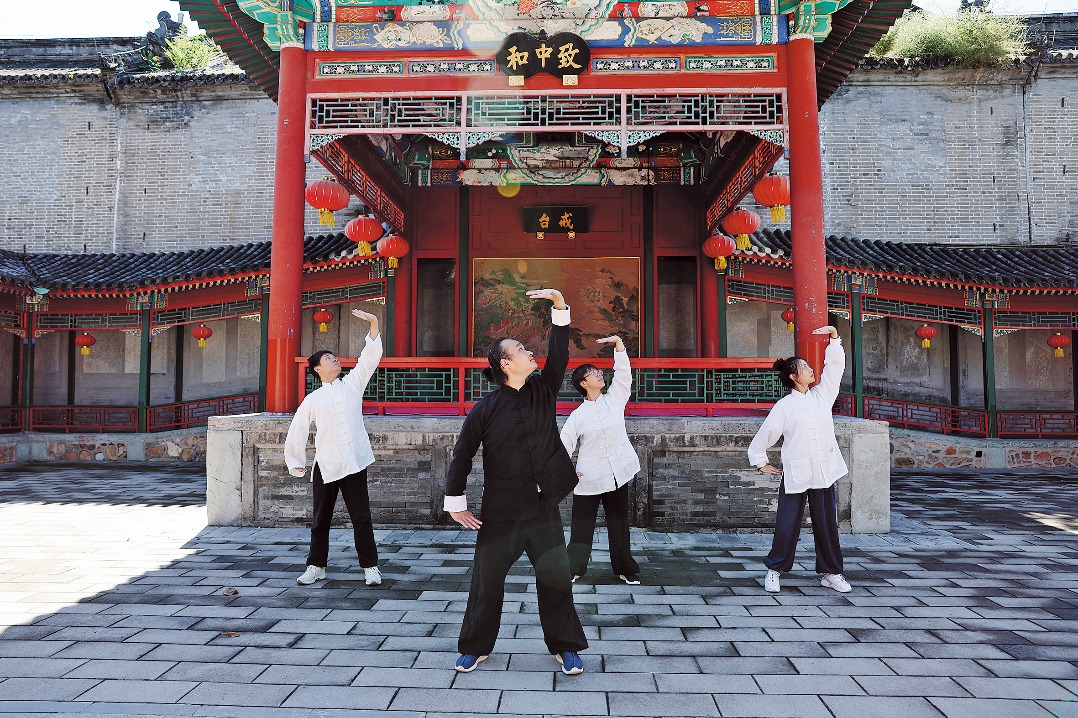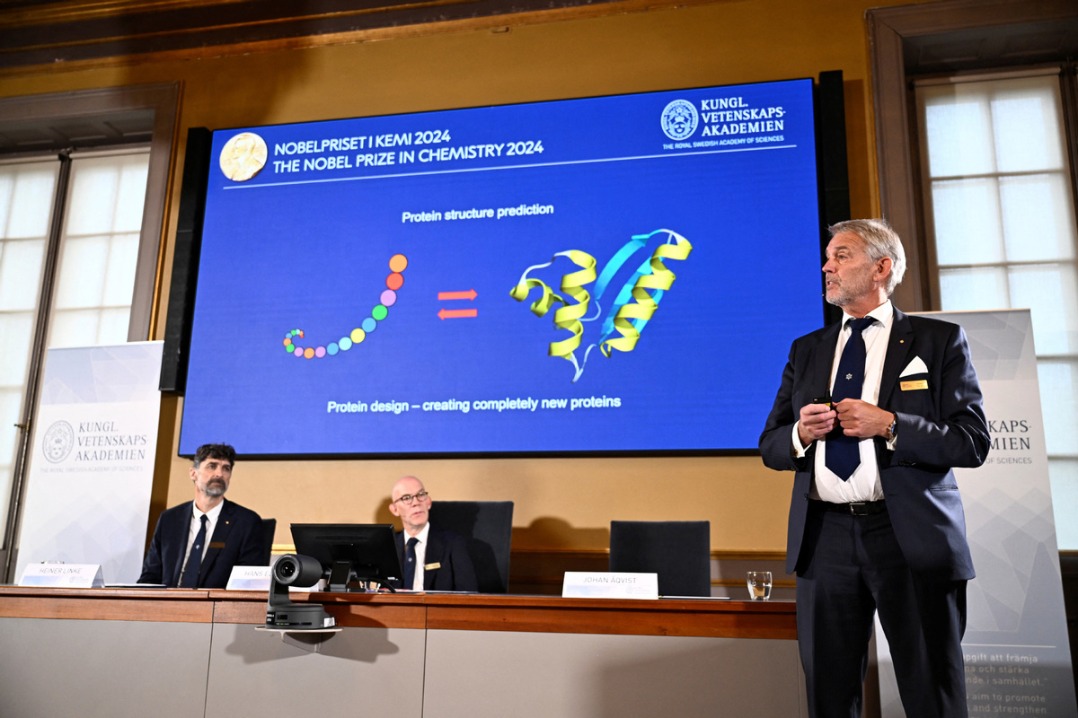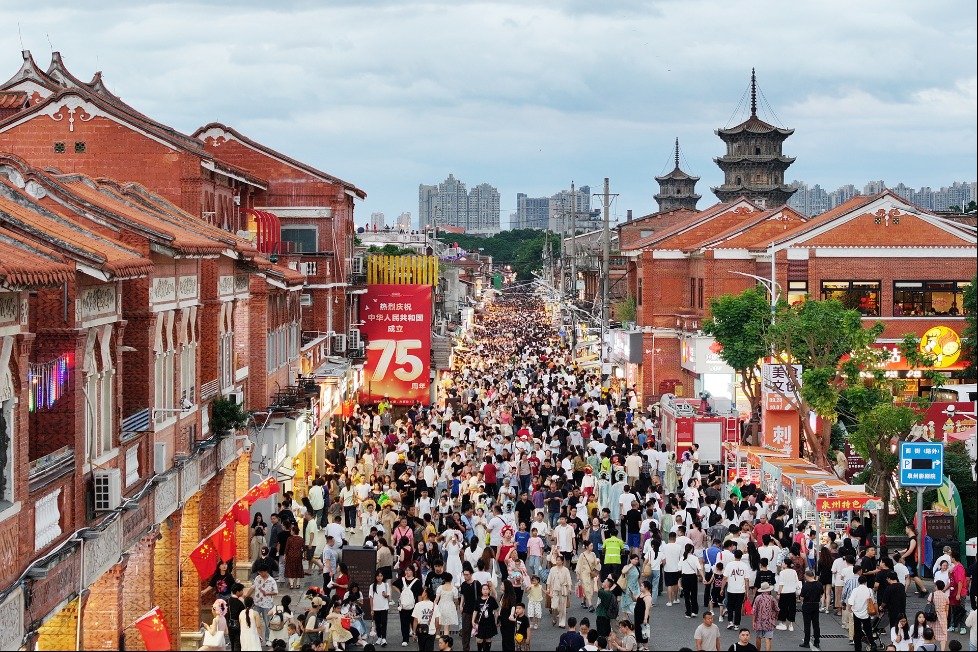US needs to shift from 'Indo-Pacific' back to 'Asia-Pacific'
By John Gong | China Daily | Updated: 2023-11-16 07:54

President Xi Jinping is in the United States this week for the meeting with President Joe Biden and for the Asia-Pacific Economic Cooperation Leaders' meeting in San Francisco.
It has been quite a while since he visited the US, the last time being in April 2017 to Mar-a-Lago in Florida when Donald Trump was president. Sino-US relations have seen a tumultuous period in the past six and a half years because of many reasons, the most important being Washington's somewhat antagonistic policy toward Beijing.
But it seems things could take a turn for the better after Foreign Minister Wang Yi made a visit to the US recently. With the ongoing Russia-Ukraine and Palestine-Israel conflicts heavily draining the US Treasury, and probably after soul-searching reassessment of US hawks' bankrupt China policy, Washington has finally returned to the talks table for a constructive and meaningful discussion.
Highlighting the importance of "Asia-Pacific" over "Indo-Pacific" during this APEC moment is worth emphasizing. The distinction between the two terms goes beyond mere semantics. The difference between "Asia-Pacific" and "Indo-Pacific" is not just geographical. These are entirely different notions with entirely different economic and geopolitical implications. Political scientist Amitav Acharya had once famously said that Asia-Pacific is a concept coined by economists, and "Indo-Pacific" by strategists.
The Asia-Pacific concept generally refers to the region surrounding the Pacific Ocean. The region's precise boundaries vary depending on context, but it typically includes economies in East Asia, Southeast Asia, Oceania, sometimes Southern Asia, and parts of the Pacific-adjoining members in the Americas as well. The APEC forum is mostly an economic forum, emphasizing regional economic integration and cooperation against the backdrop of the rapidly growing emerging markets of this vast region. This is why the theme of "creating a resilient and sustainable future for all" holds immense significance for both the region and the global community as a whole.
The "Indo-Pacific" concept is an entirely different notion, with its origins deeply rooted in geopolitics. The term was first concocted in Weimar Germany by scholars in oceanography and geopolitics. Some German political oceanographers and strategists envisioned a Germany-led alliance including India to counter "Euro-America". More recently it was picked up by the late Japanese prime minister Shinzo Abe to promote the Quad (Quadrilateral Security Dialogue) security architecture, an informal grouping of the US, Australia, Japan, and India. Washington immediately fell in love with the term that has been increasingly used in geopolitical discourse in the US for its China policy.
Geographically speaking, China is nestled within the Asia-Pacific region and does not harbor any ambition or design for the Indian Ocean region. More importantly, China prioritizes economic development for regional cooperation and tends to stay away from geopolitical power games or so-called security competitions. That is why China has been steadfastly rejecting the use of "Indo-Pacific", sticking instead to Asia-Pacific.
China's participation in globalization and its rise in the world in general in the past 40-plus years have been a peaceful process, whereas the West's approach to globalization in the colonial era was backed principally by the navies and foreign legions. Today, the US' constant reference to the "Indo-Pacific" smacks of expansions and contests in the maritime domain during the colonial era. In contract, China's Belt and Road Initiative is all about economic cooperation and development, devoid of the kind of geopolitical big-power politics of that time.
In short, the term "Indo-Pacific" belongs to the 19th century mindset, whereas "Asia-Pacific" belongs to the 21st century and the future. Let us keep fingers crossed that the US will shift from "Indo-Pacific" back to "Asia-Pacific" from now on.
The author is a professor at the University of International Business and Economics.
The views don't necessarily represent those of China Daily.
If you have a specific expertise, or would like to share your thought about our stories, then send us your writings at opinion@chinadaily.com.cn, and comment@chinadaily.com.cn.
























